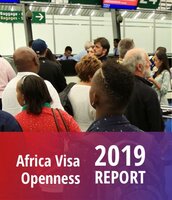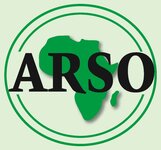Project Completion Reports
System of indicators to monitor Regional Integration in Africa

The project helped to strengthen the Bank’s and the REC’s institutional capacities relating to data collection, analysis and dissemination. Both Indices contributed to identifying gaps and areas of policy interventions. From a policy perspective, the Indices allowed policy makers (in RMCs and RECs) and development partners to pinpoint areas that require further policy interventions. From academic perspective, the Indices helped to develop a better understanding of the speed and depth of Africa’s regional integration and the challenges linked to movement of people and intra-regional tourism. Overall, the Indices significantly strengthened the Bank’s statistical capacity, its overall knowledge of RI systems and helped to cement the Bank’s position as a thought leader on matters of trade, regional infrastructure and visa policies/tourism.
East African Community Aid for Trade Strategy

The development of the EAC Aid for Trade Strategy has enabled the Partner States to become more efficient in the trade policy making at the regional level. They are now able to work from the same script and also manage their negotiation processes with the other regions and/or in the WTO and other international fora in a coordinated and harmonised manner. Implementation of regional decisions has similarly become easier because of a common trade policy regime.
Madagascar National Export Strategy

The Technical Assistance succeeded in involving the majority of stakeholders and promoting a sense of ownership among beneficiaries to some extent. During project implementation, the partnership with the stakeholders concerned was jeopardized by shortcomings regarding timeliness, the modification of the project scope and lack of commitment from beneficiaries. However, the TA was designed such as to build the capacity of the country’s systems and optimize the benefits when it ends.
Harmonization of African Standards for Agriculture and Food Products project

Implementation of harmonization of African Standards for Agriculture and Food Products extended the base of ARSO’s work and contributed to ARSO’s Mission to facilitate intra- African and global trade through harmonised standards and facilitating implementation of standards. This will contribute also to the CFTA. A number of ARSO Staff gained knowledge and skills from the trainings conducted and opportunities to coordinate projects at a continental level. ARSO staff were also trained on how to develop and use the outreach materials which will aid ARSO in developing and training other institutions on the use of outreach materials and training modules.
